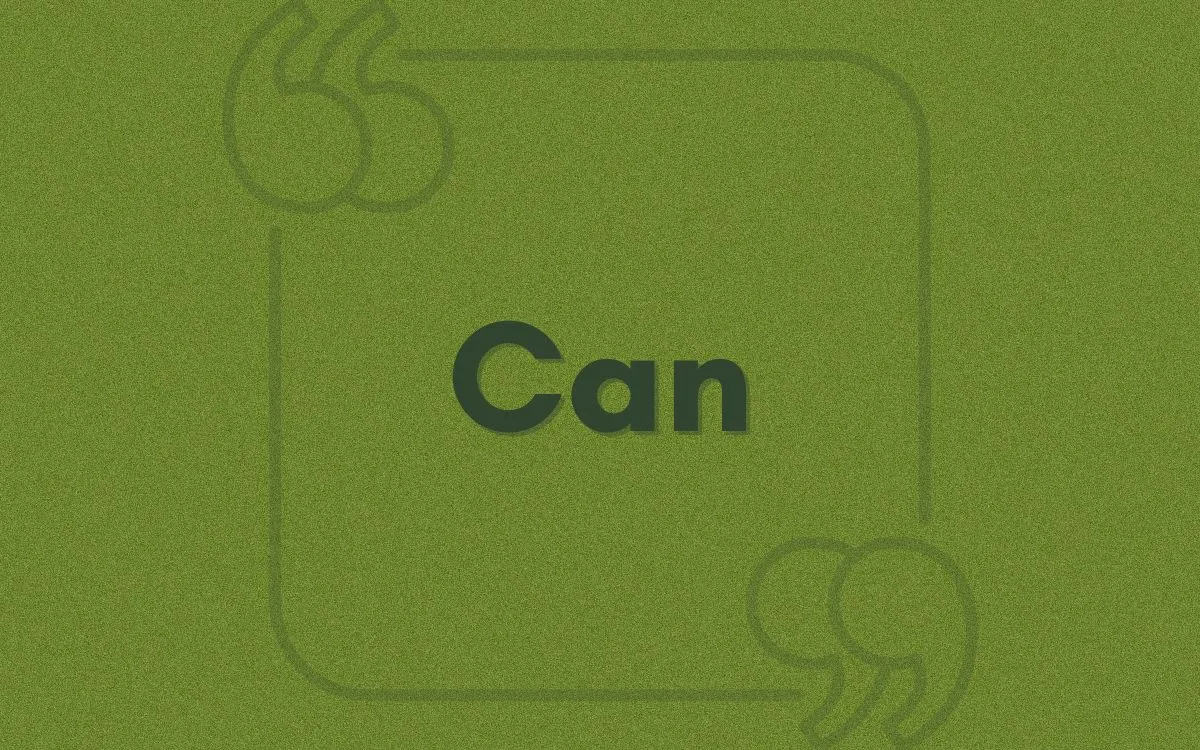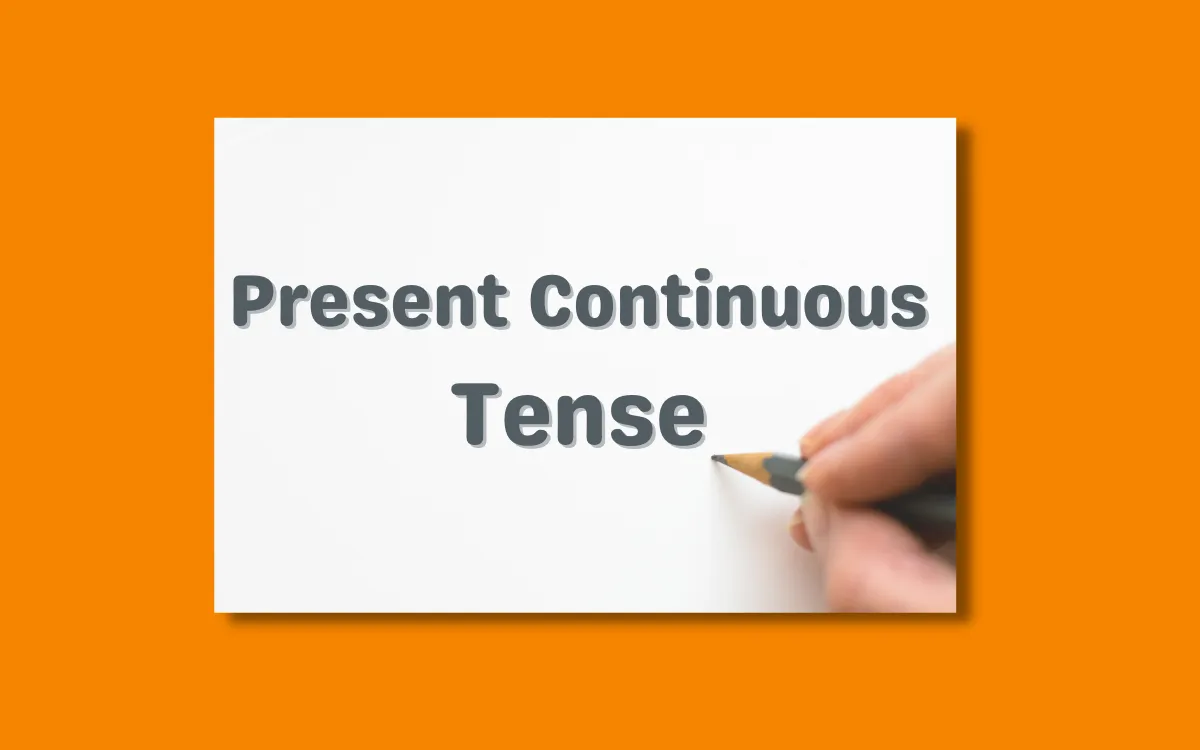
Affirmative sentences, negative sentences, questions, and usage examples with can.
The modal verb 'can' is often used when talking about skill, ability, or possibility. The most commonly used example sentences with 'can' are given below; however, the usages are not fully mentioned. For a more detailed explanation, please click the link below.
Usage Examples
1-) skill, ability, possibility
• I can run very fast.
• She can speak French fluently.
• I can't come to the party on Friday.
• What can I do to help you with your project?
• The cat can climb trees easily.
• A computer can store massive amounts of information.
2-) permission
• Can I borrow your pen for a moment?
• You can use my computer if you need it.
• 'Can I ask you a question?' 'Yes, you can.'
• Visitors can't take photographs in this museum.
3-) request, suggestion, offer
• Can you pass me the salt, please?
• Can you explain the instructions one more time?
• Can I get you something to drink?
• Can I help you carry those bags?
• We can go for a walk if you like.
• You can take a break if you're feeling overwhelmed.
• Perhaps we can watch a movie tonight instead of going out.
4-) probability, impossibility
• You can't be serious!
• He can be forgetful sometimes.
• Opportunities can arise unexpectedly.
• Learning a new language can be difficult.
• The weather can change unpredictably.
• What can he be doing at this hour of the night?
• She can't be 60 years old; she looks much younger!
• He can't have finished all the work already; it's only been an hour.
Affirmative Sentences
• He can swim very well.
• I can make tea if you like.
• Bats can see in the dark.
• He can be a bit stubborn at times.
• We can watch a movie if you want.
• She can speak four languages fluently.
• Deserts can be quite cold at night.
• You can leave the party early if you need to.
• I can lend you some money until you get paid.
• There can be challenges in starting a new job.
• You can pass the exam if you work hard.
• If we can meet tomorrow, we'll discuss the project.
• Students can enter the museum for free.
• Stress can impact both mental and physical health.
• I try to spend time with my family whenever I can.
• Trees can absorb carbon dioxide and produce oxygen.
• Children can learn languages rapidly at a young age.
• If you can, please help me with this task.
• All we can do now is focus on finding a solution to the problem.
Negative Sentences
• I can't run fast.
• That can't be right.
• You can’t park here.
• I can't hear you clearly.
• She can't swim very well.
• He can't lift that heavy box.
• You can't smoke in this area.
• I can't make it to the party tonight.
• I can't attend the meeting tomorrow.
• He can’t have finished the work.
• He can't play the piano very well.
• I cannot solve this math problem.
• I can't promise I'll finish the report today.
• You can't always get what you want in life.
• We can't afford to buy a new car right now.
• Students can't use cell phones during the exam.
• They cannot enter the building without an access card.
Interrogative Sentences
• Can she swim?
• Can you speak German?
• Can I borrow your pen?
• What can he be doing?
• Can you play the guitar?
• Can he fix the car?
• Can you call me back later?
• Can I leave work early today?
• Can I help you with your homework?
• Can I bring a friend to the party?
• Is there anything I can do for you?
• Can you help me with my homework?
• Can I have some more coffee, please?
• Can you suggest a good movie to watch?
• “Can I sit here?” “No, you can’t.”
• Can you propose a solution to this problem?


